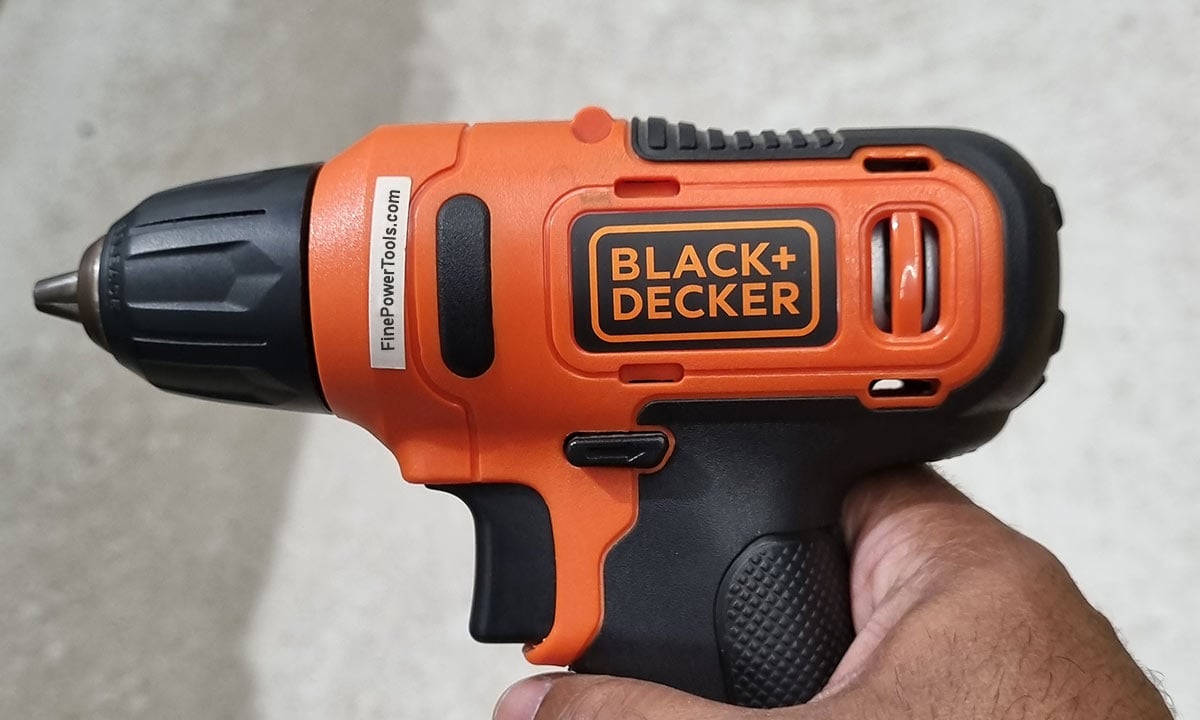Perhaps the most famous American tool company, Black & Decker, has been manufacturing power tools, accessories, and a wide variety of products for well over a century.
Once favored by professionals, it is now considered a consumer-grade brand ideal for homeowners and hobbyists. Despite changes, including a 2010 merger with Stanley Works, its name remains iconic worldwide.

About BLACK+DECKER® Tools
Quick Facts:
- Founded: 1910
- Founders: S. Duncan Black and Alonzo G. Decker
- Headquarters: Towson, Maryland, USA
- Parent Company: Stanley Black & Decker (since 2010)
- Key Products: Power tools, outdoor yard care equipment, home products
- Market Focus: Homeowners, DIY enthusiasts, and hobbyists
- Website: BLACK+DECKER Official
Headquartered in Towson, Maryland, the company grew quickly from creating machinery for other manufacturing companies to making power tools.
The advent of an ergonomic handheld power drill just seven years after the company was formed launched one of the most successful tool companies in US history.
Who Owns Black & Decker
For most of its existence, Black & Decker was an independent company that purchased other companies during its long run, which all changed in 2010. Although technically merged with Stanley Works, it is Stanley Black & Decker that owns the BLACK and DECKER brand.
However, Black & Decker does maintain its own brand and line of products.
Popular Tools by Black & Decker
Today, the Stanley Black & Decker Company, which now features the BLACK+DECKER® brand, offers a wide variety of popular tools for construction, home maintenance, repair, and more. Some of the most popular power tools offered by the company today include the following.
- 20V Cordless Drill
- 8V MAX Rotary Tool
- Hexdriver Cordless Furniture Assembly Tool
- 20V MAX Cordless Jigsaw and more
Despite the popularity of the power tools the company offers, it is the accessories that have garnered considerable praise and use as well. The Workmate Portable Project Center and Vice, a flexible, portable workbench, is quite useful for both personal and professional use. Not to mention the 20V Cordless Handheld Vacuum for cleaning up sawdust and other small debris after the job is finished.
History
In 1910, S. Duncan Black and Alonzo G. Decker created a machine shop in Baltimore, Maryland. It was called the Black & Decker Manufacturing Company. Both men were still in their 20s. One of the first jobs the company took on was designing machinery to manufacture candy dipping and bottle caps.
By 1912, the hexagon logo symbol was introduced and would be used in one form or another over the next 102 years before it was finally retired in 2014. The breakout for the company occurred in 1917 when Black & Decker patented a handheld electric drill. The drill included a pistol grip and trigger switch, and sales exploded as a result.
In just two years, the company had surpassed a million dollars in sales. A factory had been opened in nearby Towson, Maryland, and the company began to expand considerably. Common stock for Black & Decker began trading in 1936.
World War 2 expanded the company even further thanks to war manufacturing. Black & Decker was awarded four citations related to their production efforts. After the war, the company received its first trademark. By 1960, Black & Decker had added DeWalt to the company, having been purchased from American Machine and Foundry.
From the 1960s to the end of the century, Black & Decker continued to grow and expand, acquiring different companies that included Ernhart, True Temper, and a small appliance firm under GE. However, the leadership of the company changed in 1975 when Francis P. Lucier became chairman of the board. The first person who was not a family member to take control.
Changes in Recent Times
The big change was in 2010 when Black & Decker merged with Stanley Works to form Stanley Black & Decker, significantly bolstering its market presence and enabling greater resource allocation towards innovation and product development.
Four years later, rebranding to BLACK+DECKER™ in 2014 further solidified its identity as a brand focused on meeting the evolving needs of homeowners and hobbyists, marking a strategic shift towards expanding its consumer base and reinforcing its commitment to quality and versatility in the DIY segment.
Today, BLACK and DECKER is still a major player in the manufacturing and marketing of power tools around the world.

